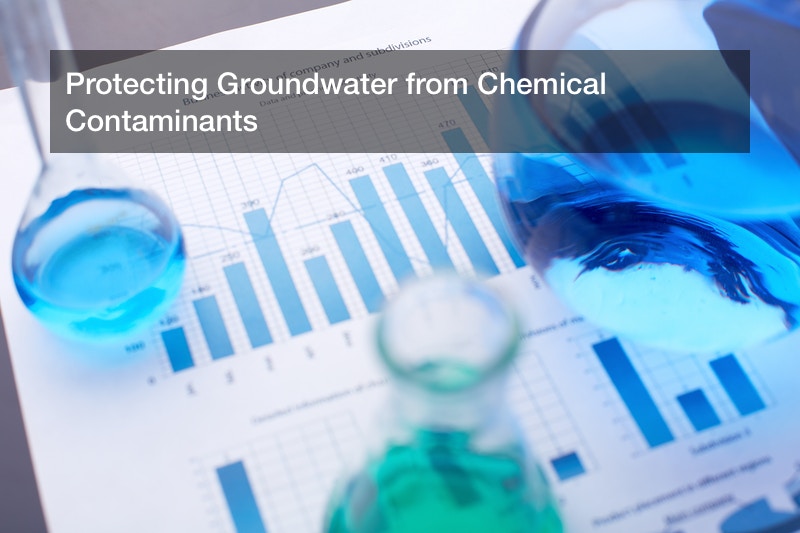

Local water supplies are always at risk of contamination from various agents. Human activity has led to the generation of various chemicals that end up in these water supplies. For instance, homes have septic tanks that emit a lot of nitrogen and phosphorus into the ground without homeowners caring about the outcome. In addition to that, many chemicals are coming from farms, small factories, and many other sources.
It is because of this situation that everyone has to actively participate in the protection of these water supplies. Although it may seem to be a difficult task, protecting ground water from contaminants is achievable. You only need to know the most appropriate way of doing it.
The problem in details
Industries use physical treatments and traditional chemicals to treat wastewater before emitting it into the environment. However, these are things that you cannot do at home. You will not have enough space or resources to install the systems needed for this job. Therefore, it is essential to focus on other measures that can protect water supplies from degradation. For instance, when disposing of wastewater, you need to make sure that all harmful substances are neutralized. You can do this using groundwater remediation technologies among other modern solutions.
How these chemicals affect groundwater
There is no doubt that ground water is one of the primary sources of clean water. It can be used domestically and industrially. Such water supplies cannot be eliminated, and therefore, they form a reliable supply for any project. The problem is that after contamination, you cannot use it the same way you used to. For example, when there are harmful chemicals, you will not use it for irrigation or domestic work. The only solution left is to find a way of removing those harmful elements. To be sure of the best results, you should try procedures such as coal ash remediation.
How to go about it
One of the ways through which coal ash is produced is by generating electrical power using coal. Since there are many companies involved in this activity, a lot of ash is produced. This ash is often disposed of in landfills and valleys to level them. Apart from that, construction companies use them to fill up spaces. However, there remains more of it than it can be used. Even though cement companies use it as raw material, there is still too much supply. That is the reason scientists are now using it to get rid of contaminants from dirty water to avoid contaminating groundwater.
The benefits of coal ash
According to scientists, only 3% of the water on earth is fresh. This is a worrying revelation, especially when the population is growing fast. Already, some communities cannot access clean water, and they need urgent help. Therefore, coal ash could be the solution that they have been looking for. Laboratory tests have shown that this ash can remove phosphorous, one of the most dangerous components of wastewater. If it can remove such elements before they get to ground water, there is no doubt that the world environment will be better. Apart from phosphorus, coal ash can also remove suspended solids and nitrogen from any water solution.
Usage of coal ash in water treatment systems
Since scientists discovered the wonderful properties of coal ash, they have been using it in water treatment companies. It has been so effective that there is a revived hope of saving the local water supplies while ensuring that there are more fresh supplies on the planet. In addition to that, experts are looking into ways through which discharges from biodigesters and other sources can be treated using this product before they cause any damage to freshwater sources.
Humans need to do more to protect ground water from contamination, especially from wastewater that can be treated. The fact that more homes are installing septic tanks and other systems that discharge wastewater makes it even more urgent. However, the best part is that with the availability of coal ash, wastewater treatment can never be more accessible. It means that with the proper management of wastewater, people will be healthier too.





